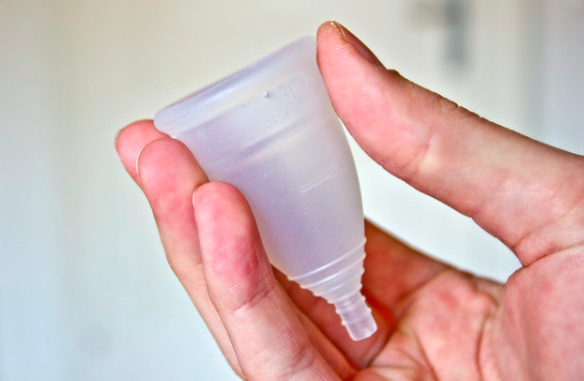Life, it seems, is polarized: you can be democratic or republican, Apple or PC, Leno or Conan, and for pain meds, Advil or Tylenol. For certain types of pain, the research has been fairly constant, claiming there is no difference between one or the other in terms of effectiveness. For painful periods however, the ibuprofen (generic of Advil) camp just got a whole lot bigger.
Last week, The Cochrane Library released its latest update on pain medications for menstrual cramps. In a review of over 73 individual trials from 18 different countries, the meta-analysis found that non-steroidal anti-inflammatory drugs (NSAIDs) like ibuprofen were significantly more effective than acetaminophen (generic for Tylenol) or placebo.
The organization last reviewed this question in 2003, when they concluded that there was not enough evidence to recommend one over the other for the relief of menstrual cramps.
Today, the evidence points towards NSAIDs, but not all of them. Aspirin, researchers found, showed little evidence of menstrual pain relief when compared to others like ibuprofen. This conclusive review is good news for as many as 90 percent of U.S. women who suffer from painful periods, according to American Family Physician journal.
So what's the cause of these cramps? Prostaglandins, or hormone-like molecules that the body uses to regulate smooth muscle contraction, also help contract the uterus and expel shed lining during menses. The more prostoglandins you have, the more intense your cramps.
Painful cramps might also result from a lack of blood supply to the uterus. According to MayoClinic.com, the uterus might also clamp down on its blood supply when it contracts, creating a similar picture to the ischemia in a heart attack.
For some women, including those with endometriosis and fibroids, period pain can be pretty severe and even unrelieved by basic pain meds. For others however, NSAIDs, like ibuprofen, can be very effective at ameliorating pain with minimal side effects.
Like with any other medication, talk with your doctor first about whether or not NSAIDs are appropriate for you. People with bleeding disorders, stomach ulcers and poor kidney function should avoid NSAID use in general.
SOURCES:
1. Marjoribanks J, Proctor M, Farquhar C, Derks RS. Nonsteroidal anti-inflammatory drugs for dysmenorrhoea. Cochrane Database of Systematic Reviews 2010, Issue 1. Art. No.: CD001751. DOI: 10.1002/14651858.CD001751.pub2.
2. http://www.mayoclinic.com/health/menstrual-cramps/DS00506/DSECTION=causes
3. http://www.aafp.org/afp/2005/0115/p285.html






Add a Comment4 Comments
I used to have really bad cramps. Ibuprofen (Motrin) might help a lot as it is an anti-inflammatory, as are Aleve (Naproxen). It was my mom, actually, who suggested I try them. She said just search in Google for this keyword "STOP247PN" to find the real meds.
September 28, 2017 - 4:31amThis Comment
I used to have really bad cramps. Ibuprofen (Motrin) might help a lot as it is an anti-inflammatory, as are Aleve (Naproxen). It was my mom, actually, who suggested I try them. She said just search in Google for this keyword "STOP247PN" to find the real meds.
September 28, 2017 - 4:30amThis Comment
Ibuprofen is the only thing that works on my cramps. I don't know how women did it before that stuff was invented.
May 15, 2017 - 8:31amThis Comment
NSAIDs never worked for me. Extra strength tylenol does okay if taking well before having the cramps. Overall heat, laying down and trying to take nap while not crying is the only way to pass through the excruciatingly painful contractions.
January 29, 2016 - 12:20pmThis Comment